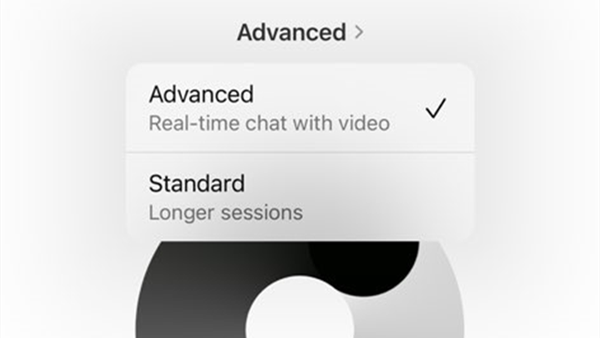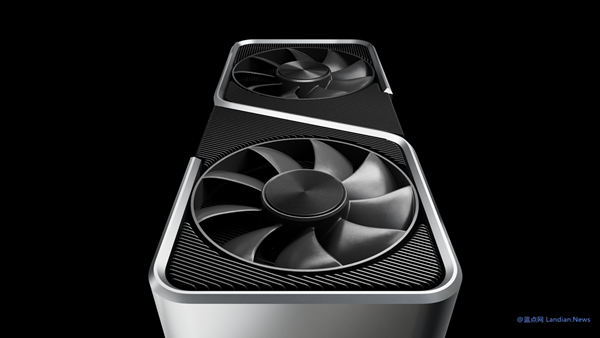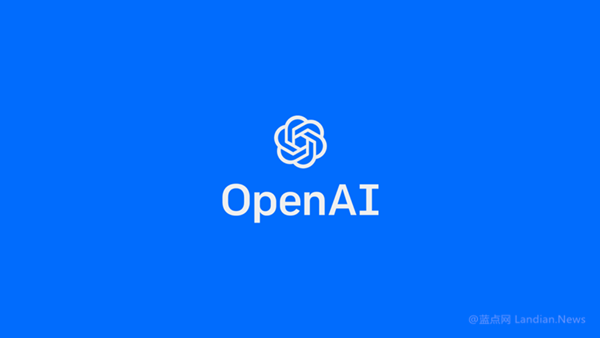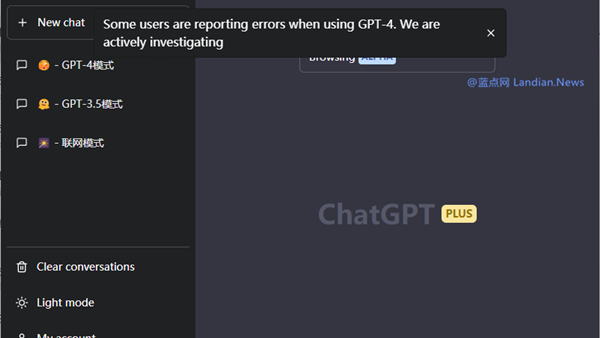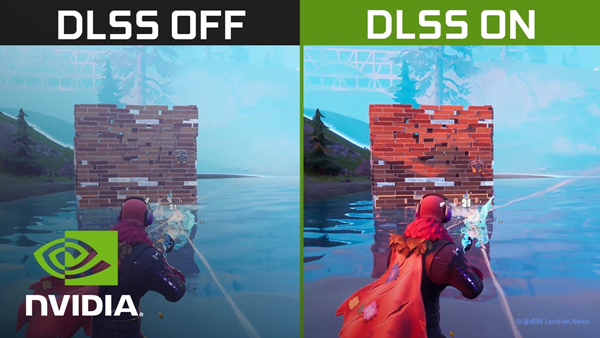Intel's Missed Opportunities: Not Acquiring Nvidia and Overlooking OpenAI
In a strategic move that hindsight reveals as a significant missed opportunity, Intel's then-CEO Paul Otellini, after careful consideration, proposed to the board in 2005 that Intel should acquire graphics card manufacturer Nvidia for $20 billion. Otellini and some Intel executives foresaw Nvidia's chip designs playing a crucial role in data centers, a vision validated by the subsequent explosion of artificial intelligence (AI) technology and the widespread use of Nvidia's GPU accelerators in data centers.
However, Intel's board rejected the proposal, even though $20 billion was within Intel's financial reach at the time. After facing rejection, Otellini did not pursue the acquisition further.
Intel's Board Backs Internal Graphics Project Over Nvidia Acquisition
Interestingly, the board's support leaned towards Intel's internal graphics project, Larrabee, led by none other than Intel's current CEO, Pat Gelsinger. Larrabee aimed to merge CPU and GPU functionalities using Intel's x86 technology, but the project ultimately failed to achieve its goals and was discontinued.
Intel has since re-entered the discrete graphics card market with its Intel Xe and Intel Arc lines. Although these products have not yet matched Nvidia and AMD's market share, their development momentum has been promising.
Intel's Subsequent Acquisitions Pale in Comparison to Nvidia's Valuation
Intel has made several significant acquisitions over the years, but none compare to Nvidia's current market valuation exceeding $300 billion, highlighting the magnitude of the missed opportunity.
What If: The Implications of a Successful Intel-Nvidia Merger
Had Intel successfully acquired Nvidia, or if the two companies had merged, it's speculative whether Nvidia would have reached its current heights under Intel's strategy and vision.
Intel Passes on Early Investment in OpenAI
Another noteworthy missed opportunity occurred between 2017 and 2018, when Intel had the chance to invest in AI startup OpenAI, then a small non-profit research company. Intel's CEO at the time, Bob Swan, vetoed the deal, believing AI models were far from achieving market viability. While Swan's perspective may have been reasonable given the AI landscape six years ago, early investment is about seizing potential before it matures. As OpenAI takes off, Intel's opportunity to invest on the ground floor has passed.


